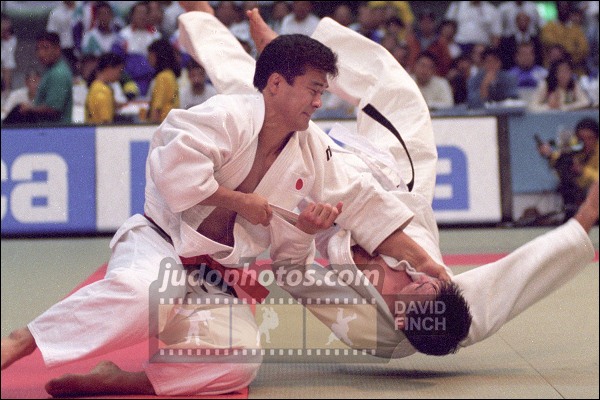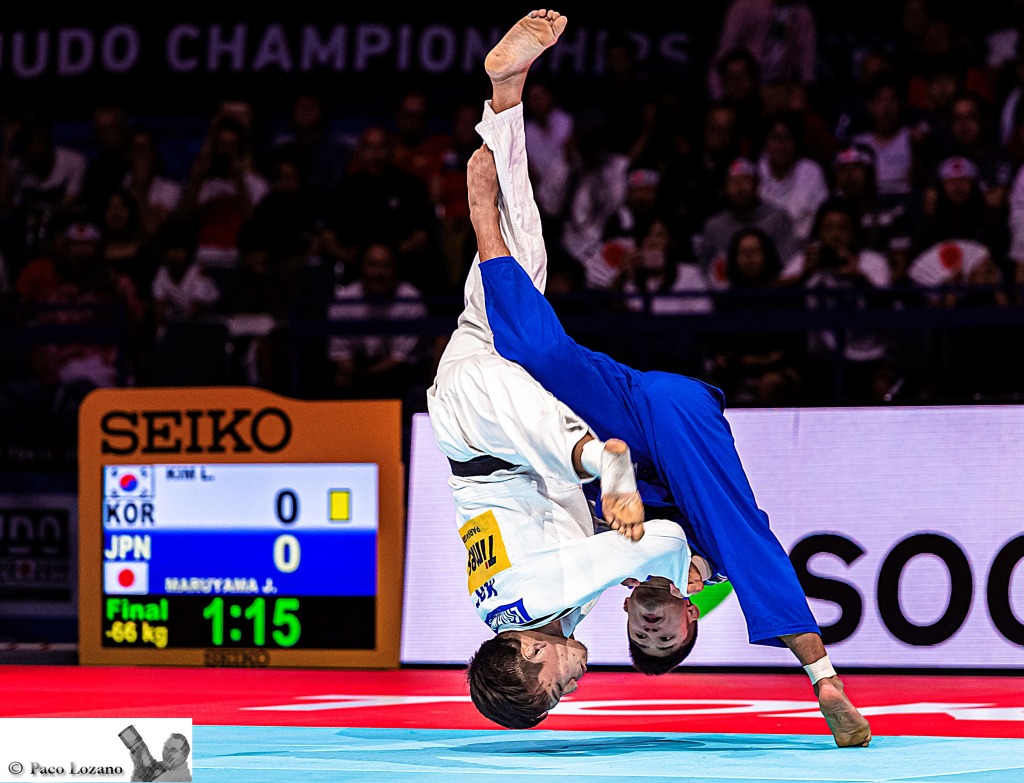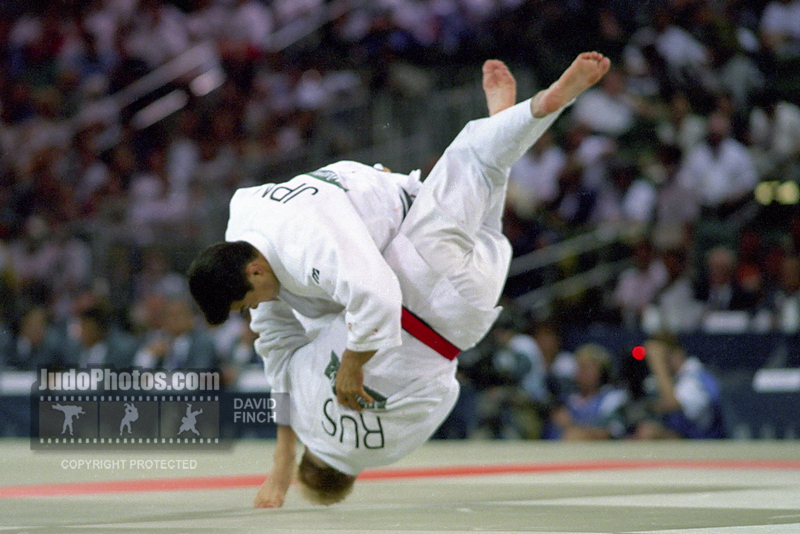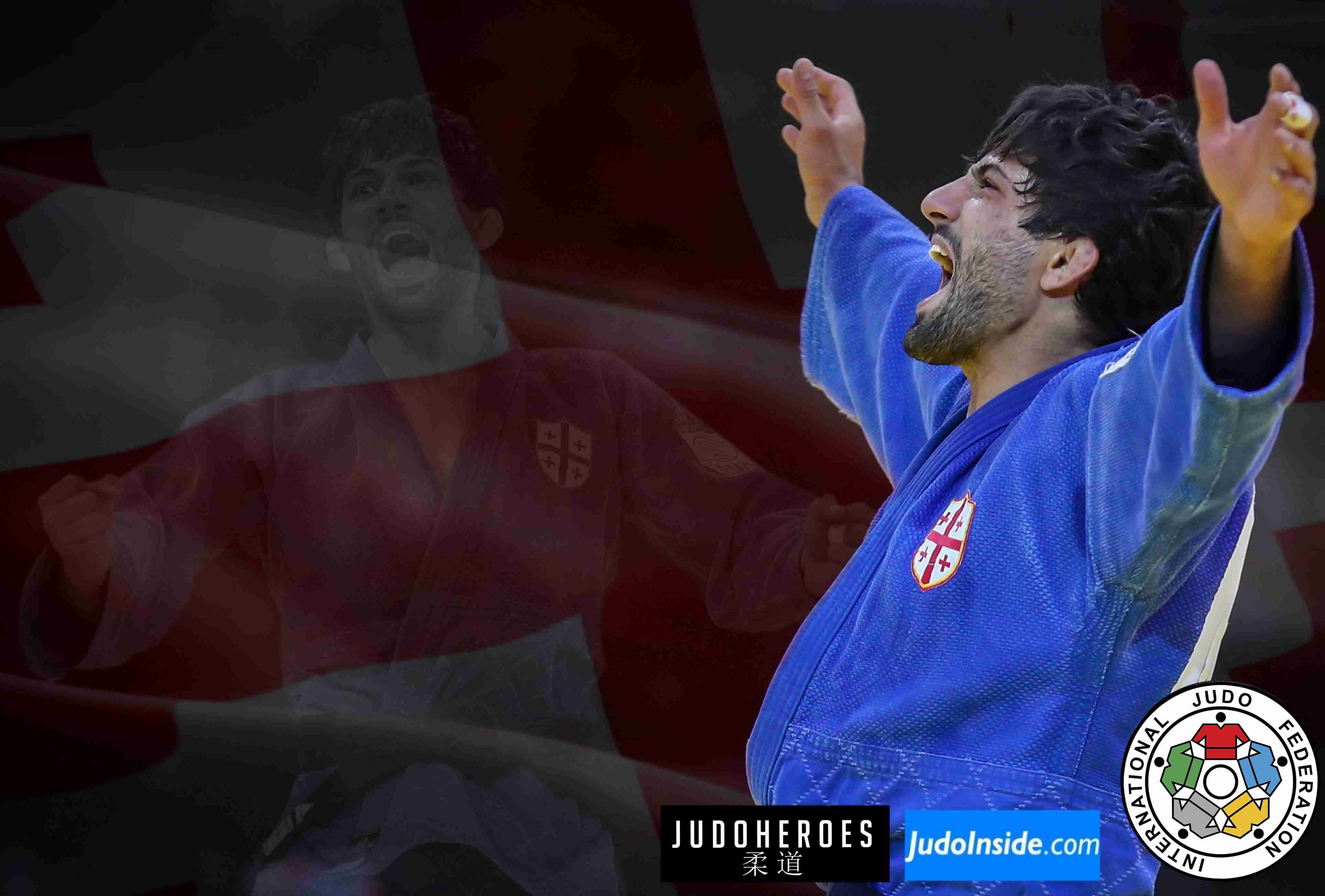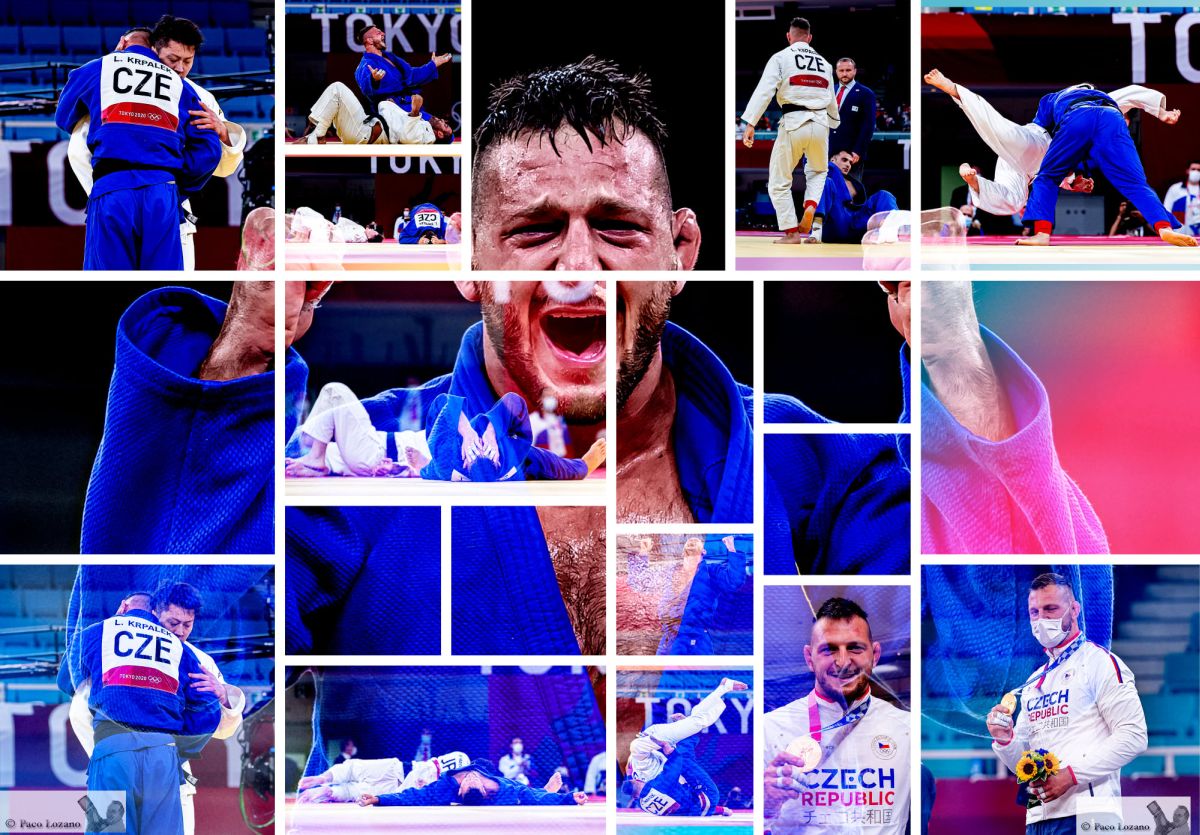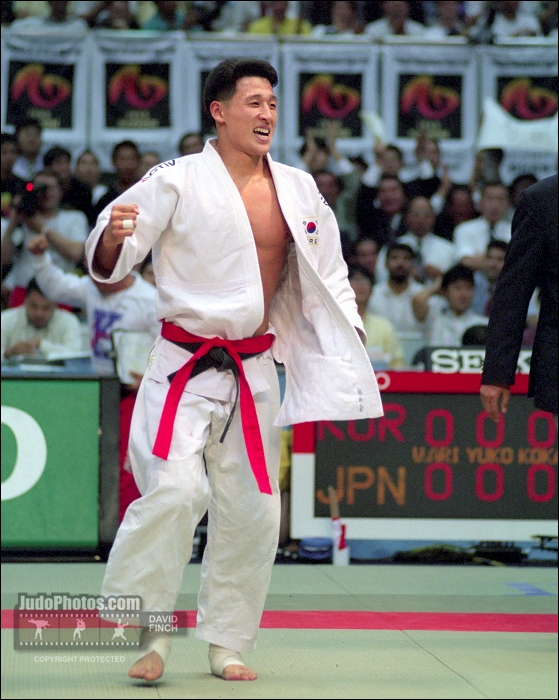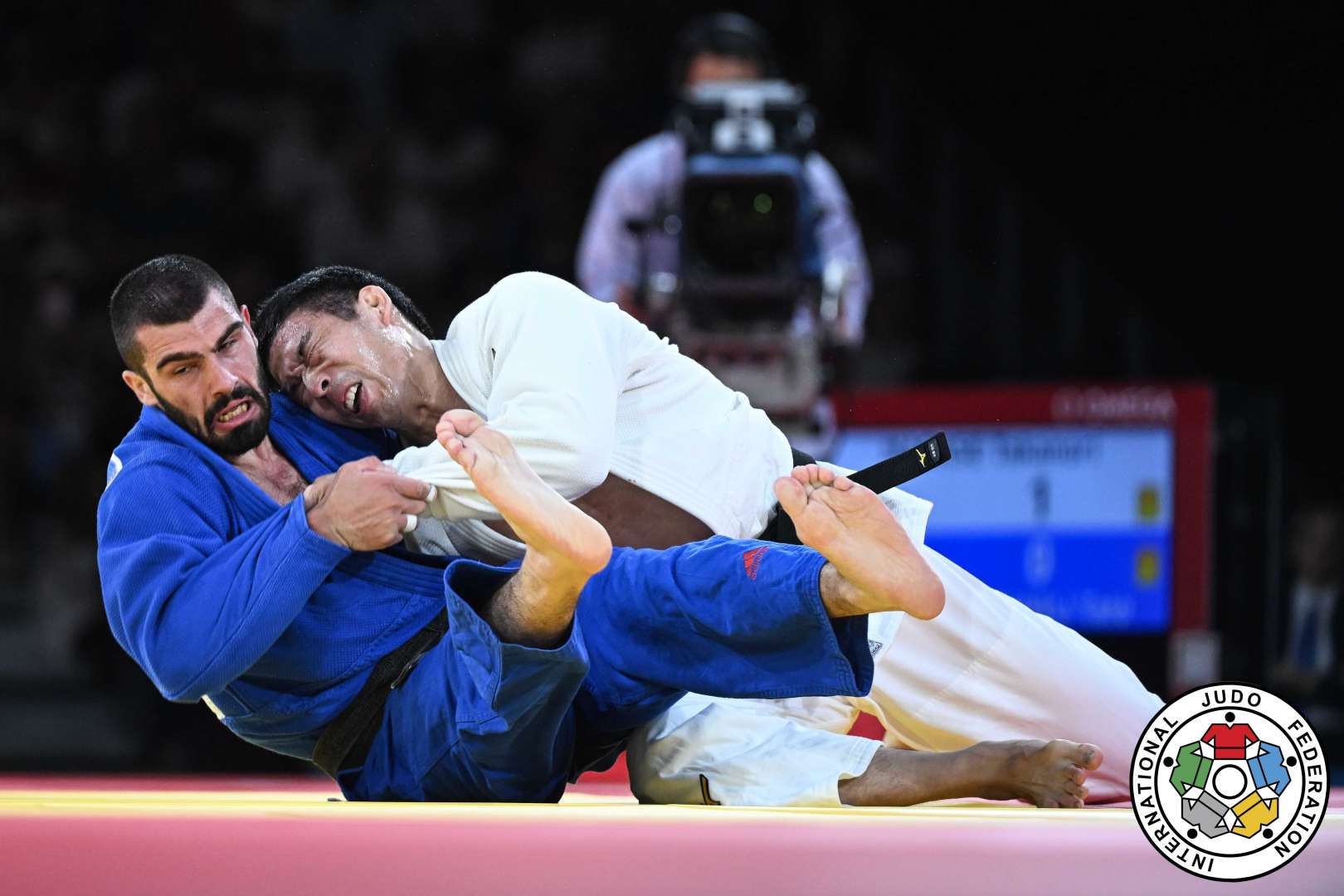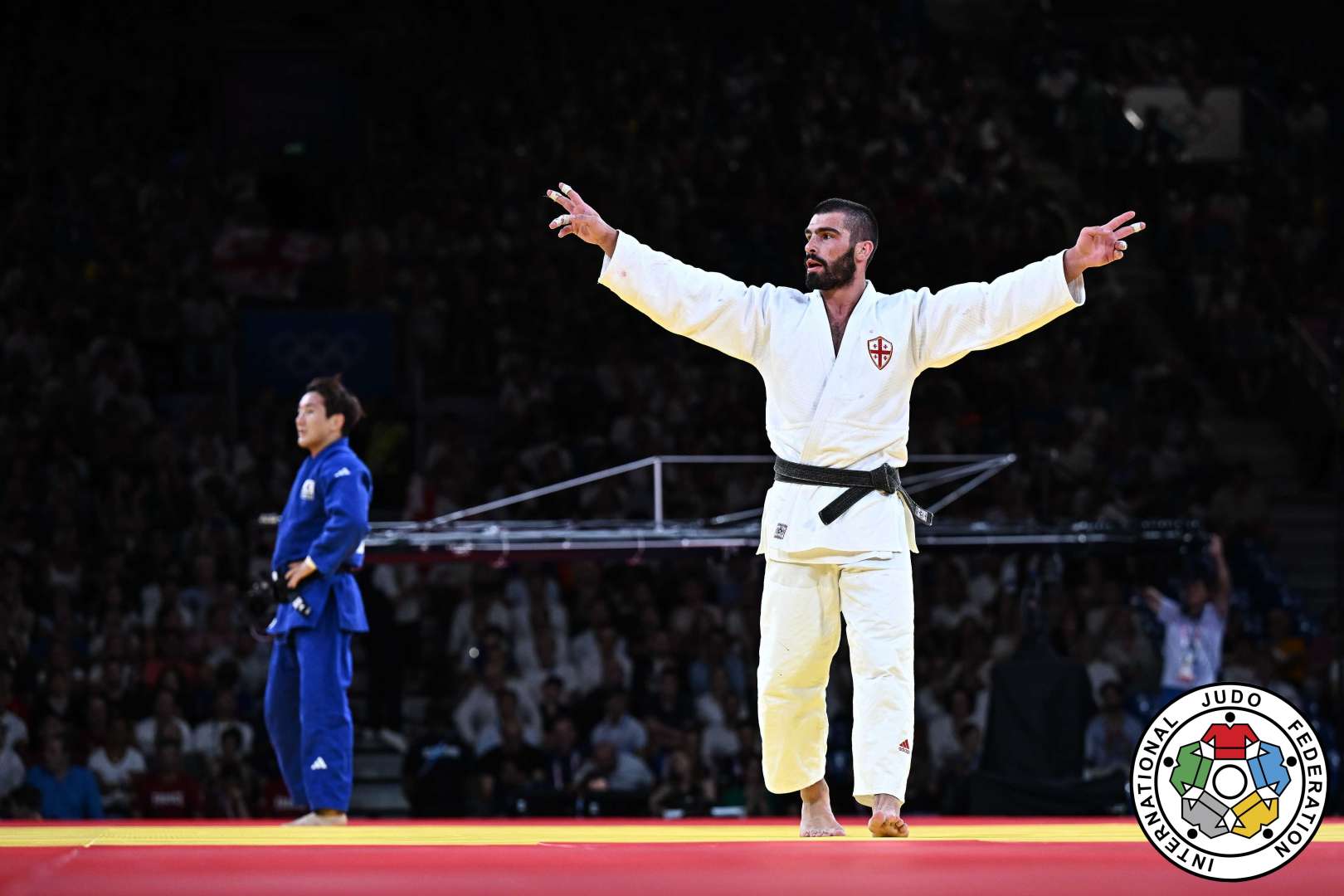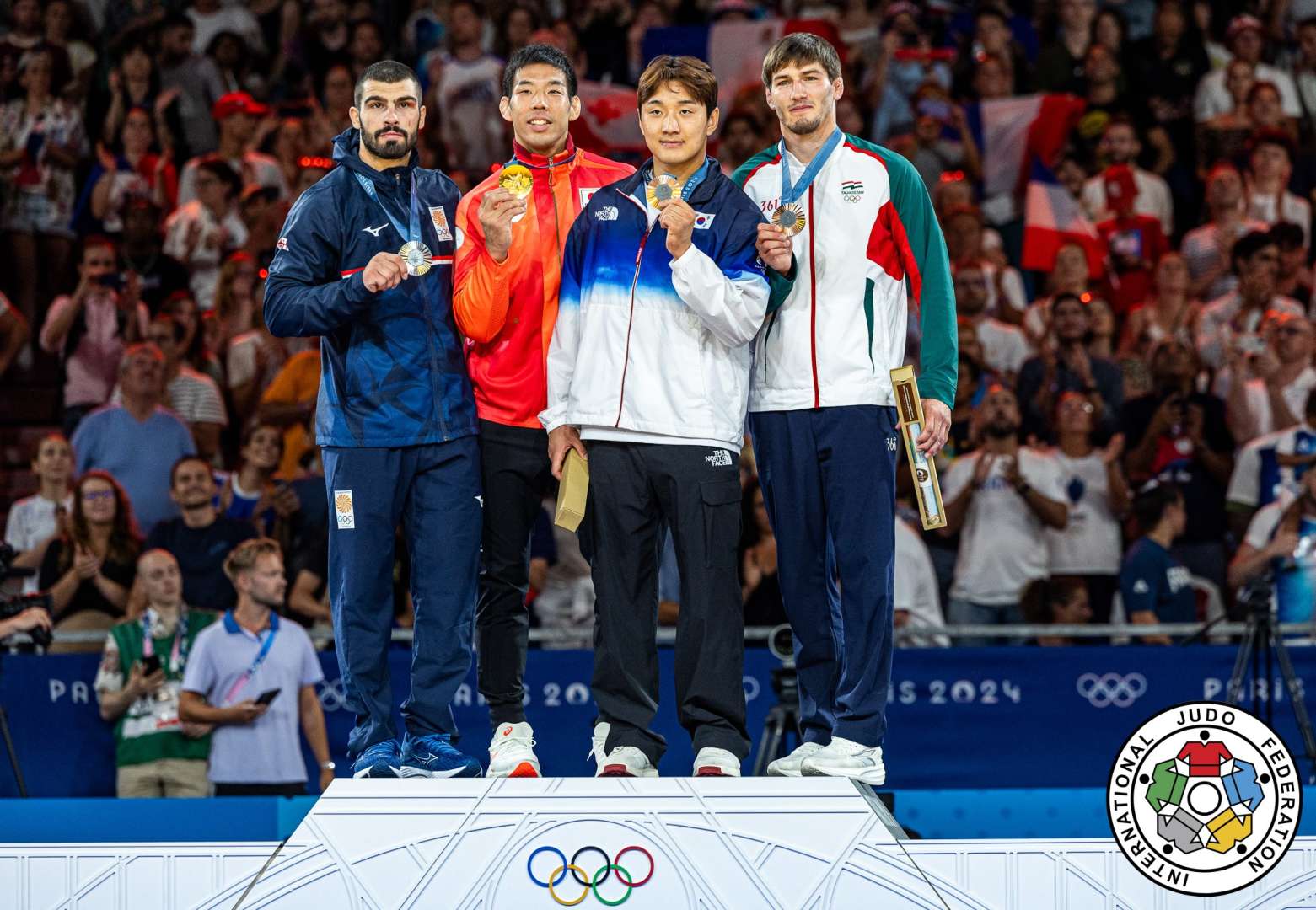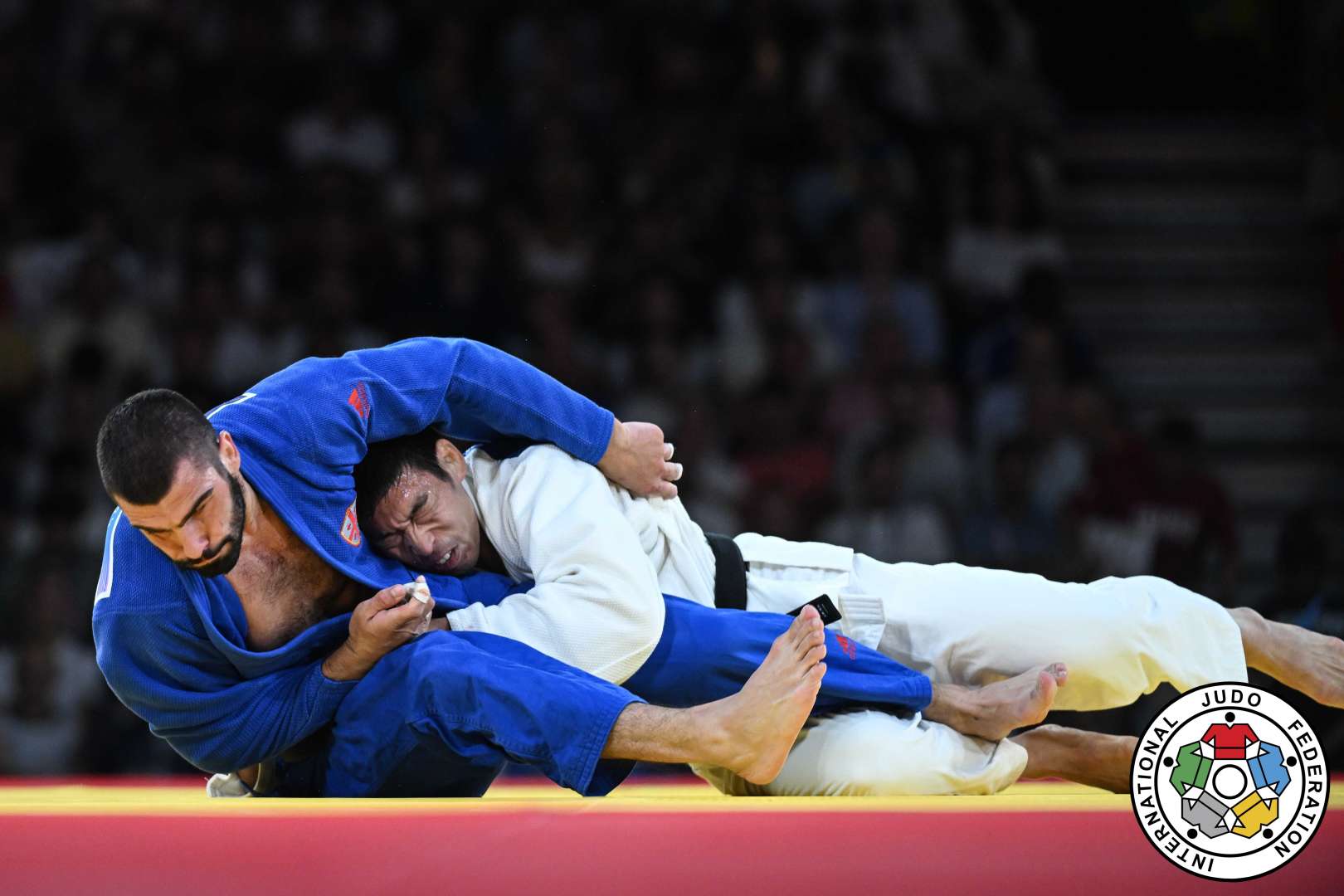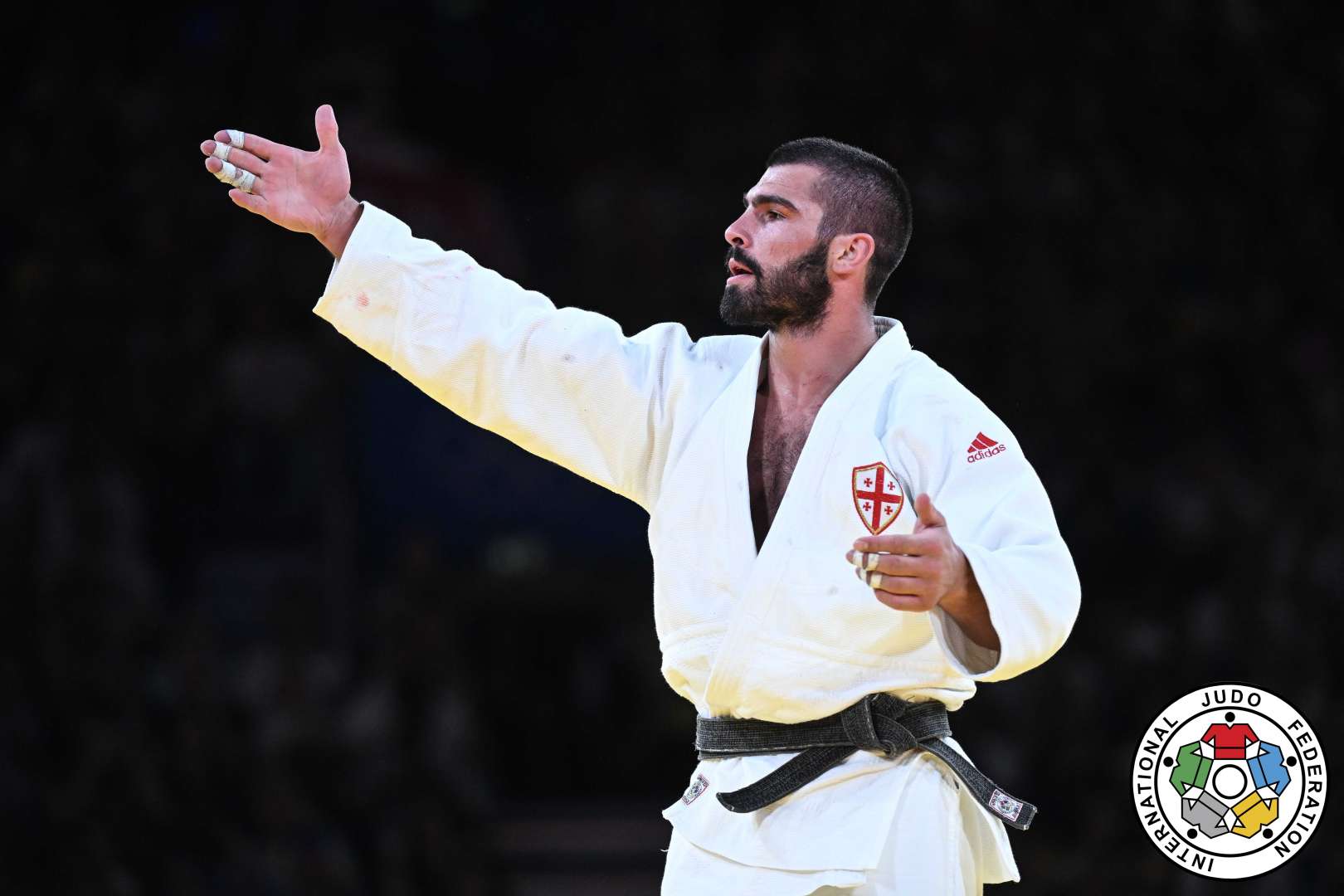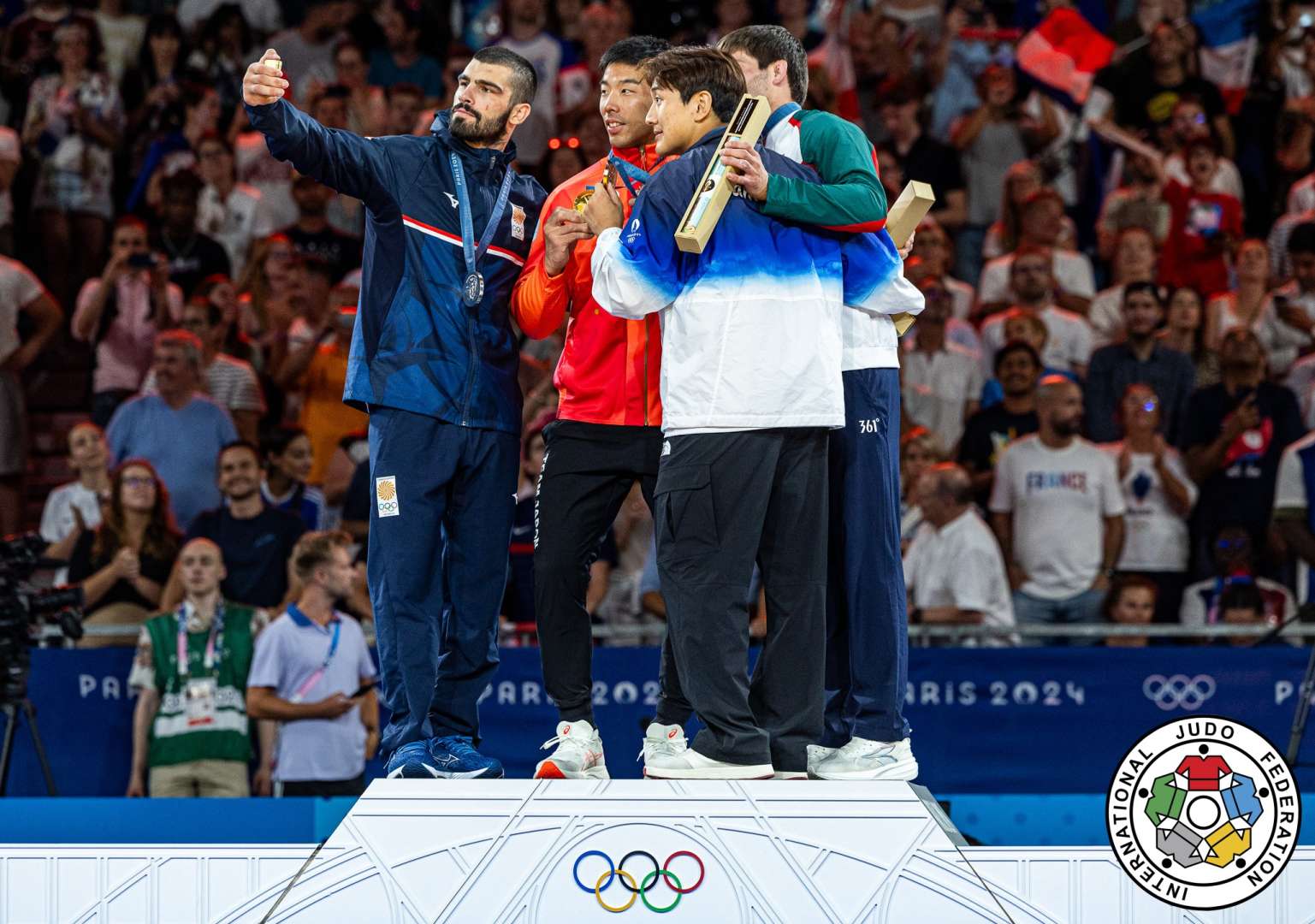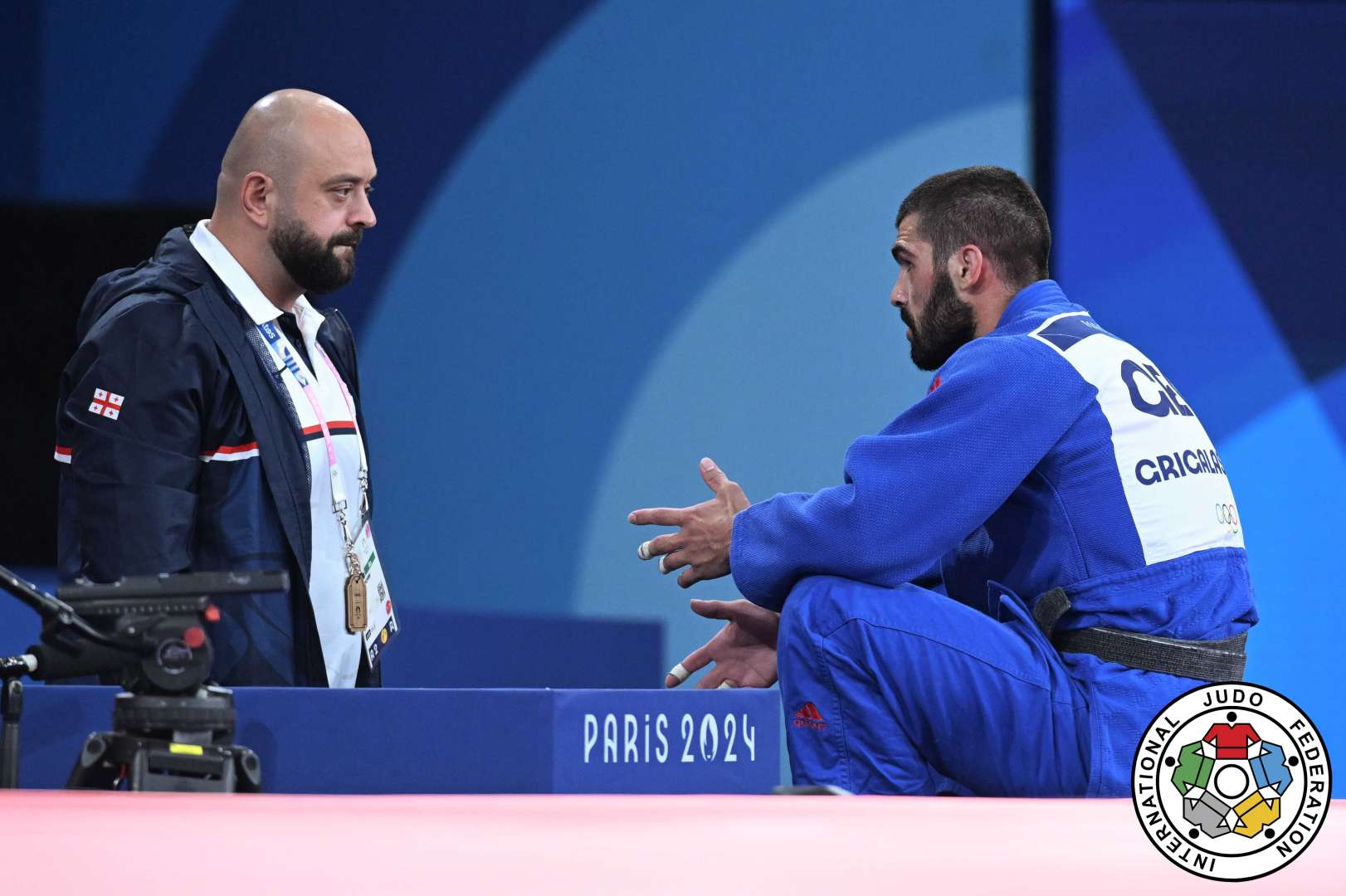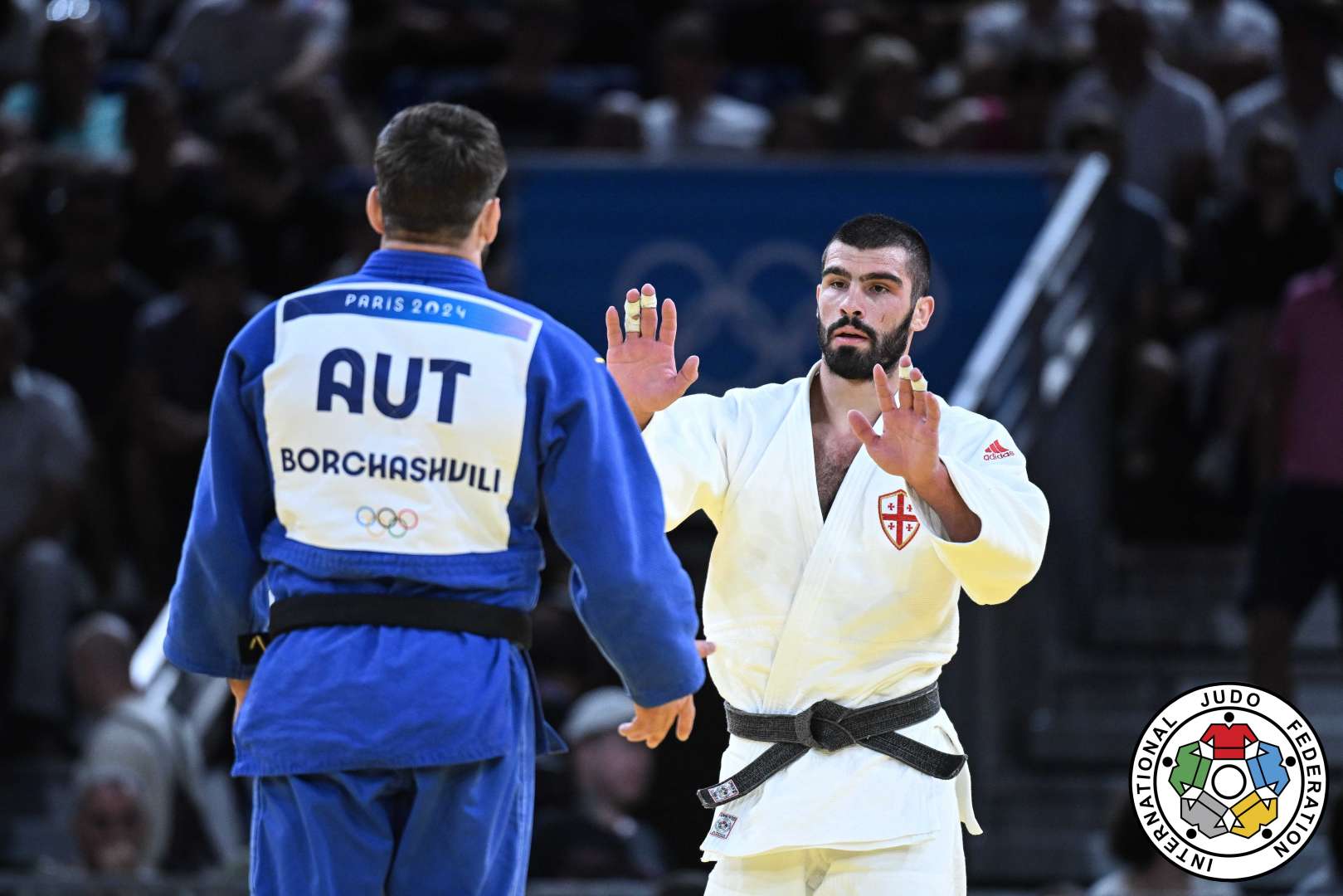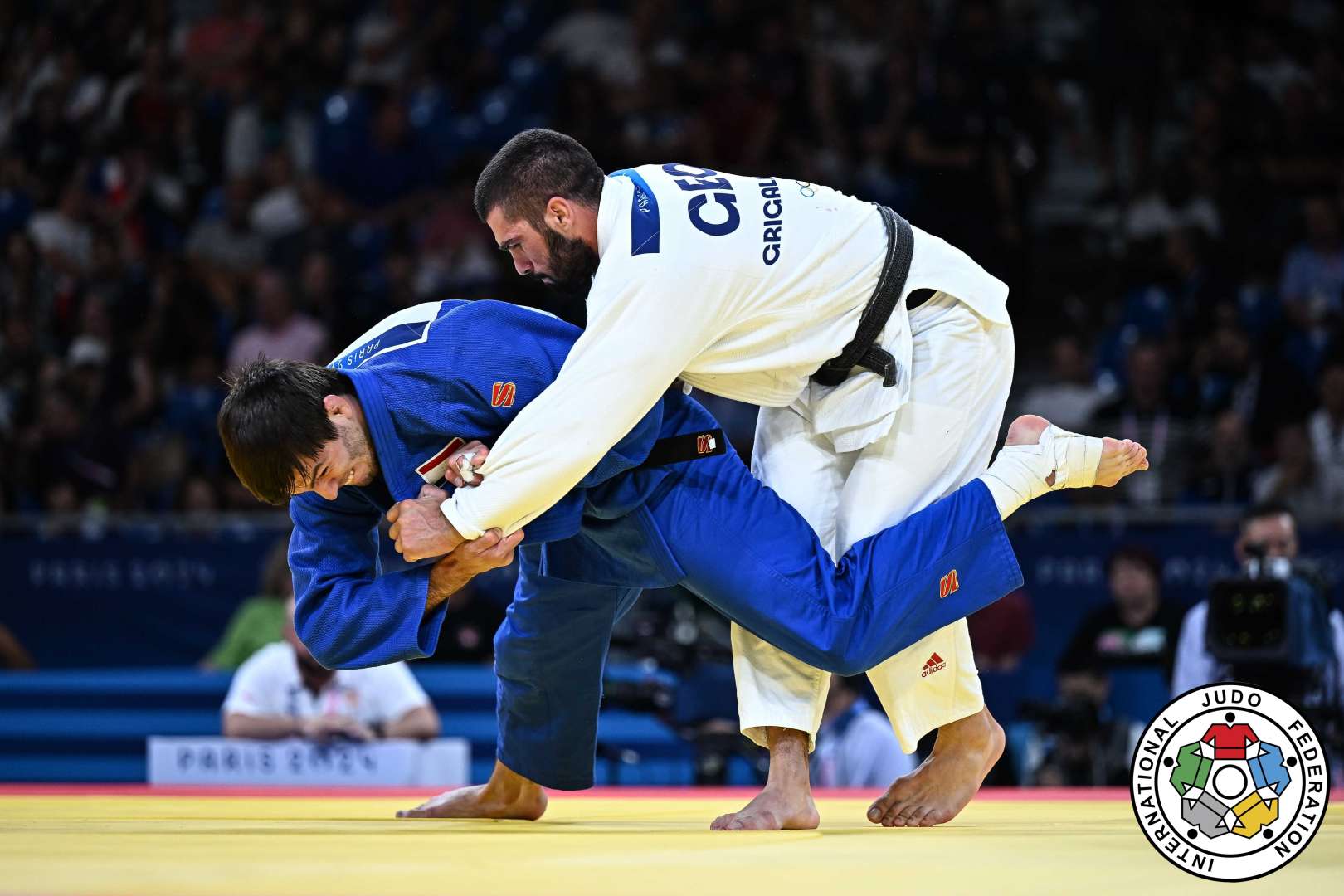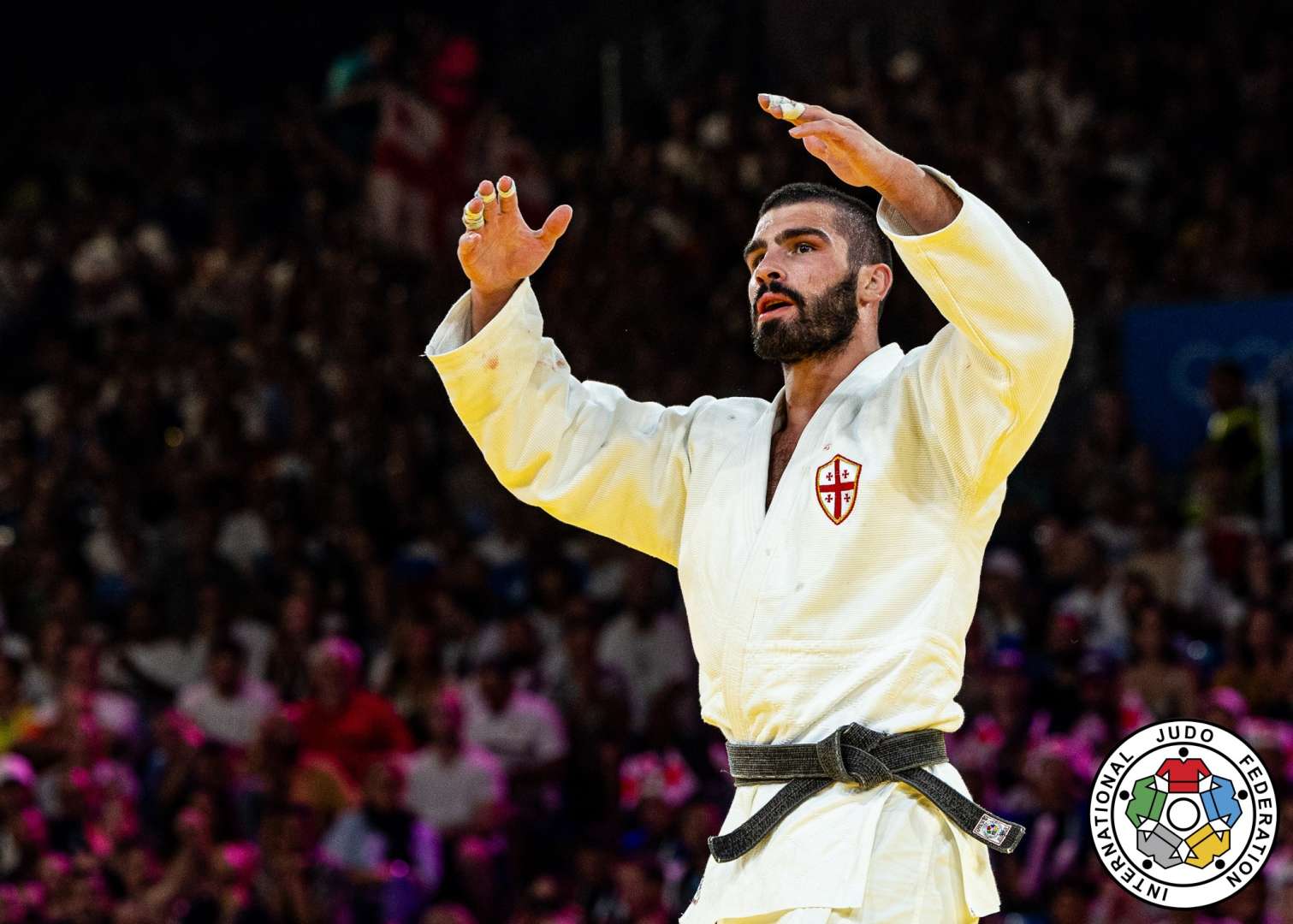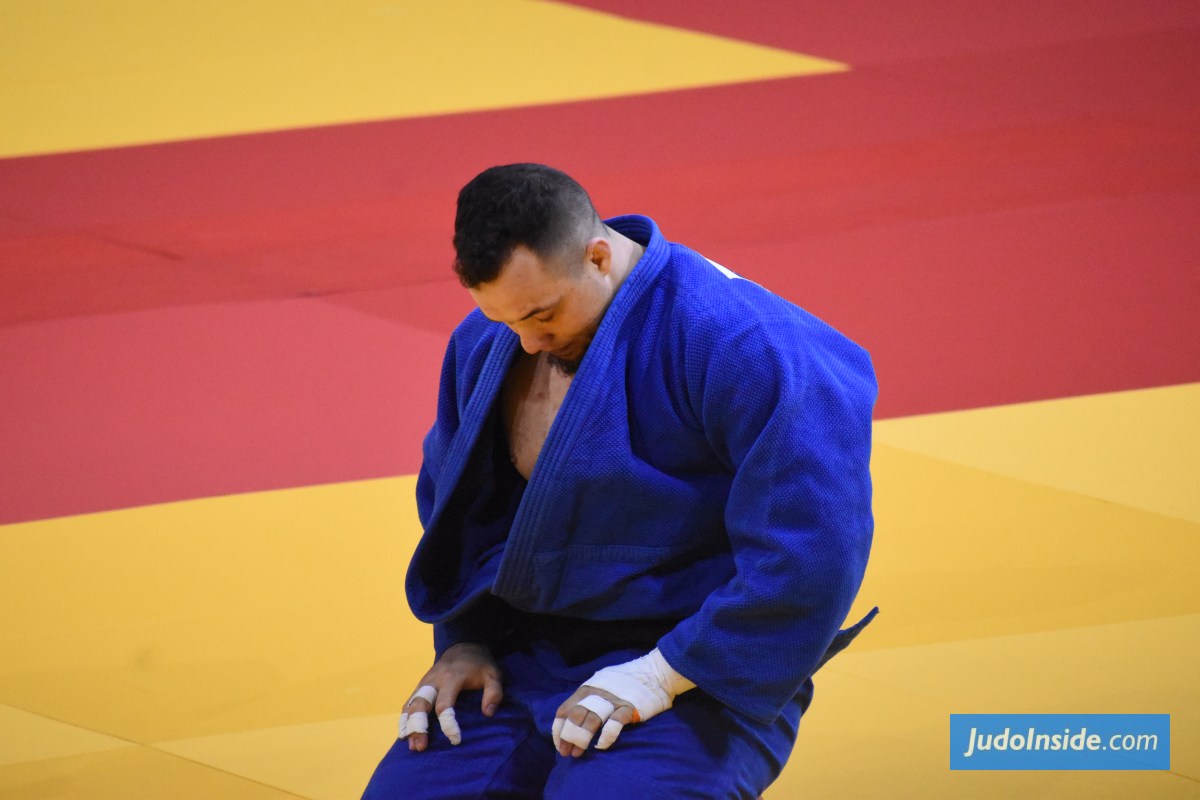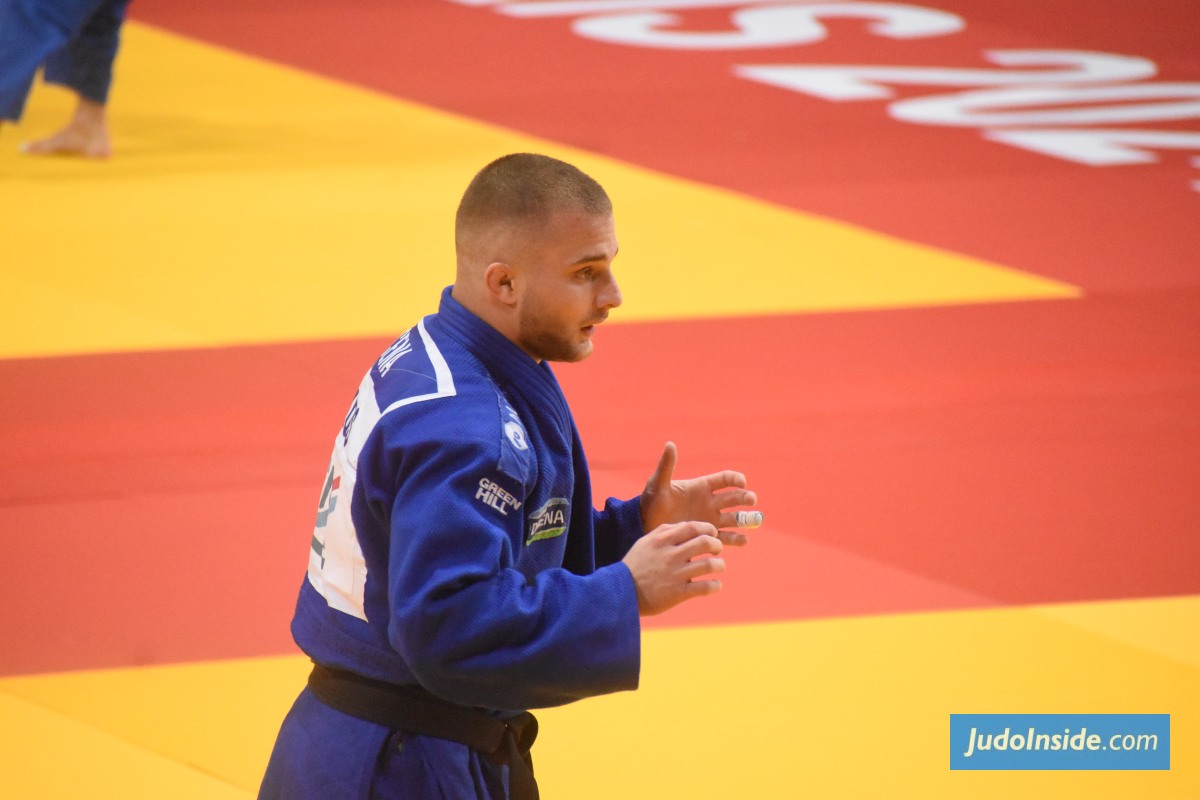Forgotten Heroes: Hidehiko Yoshida (JPN)
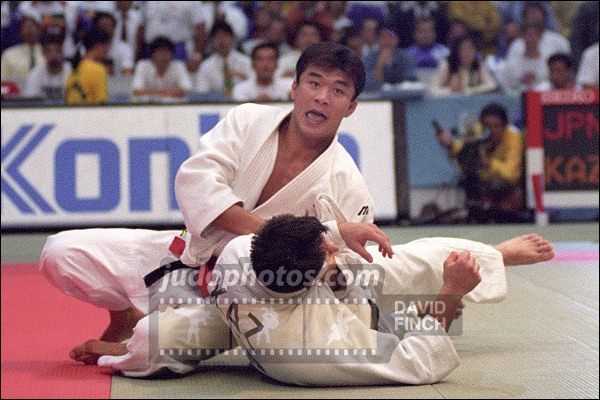
 25 Nov 2024 20:45
25 Nov 2024 20:45
 by JudoCrazy and JudoInside
by JudoCrazy and JudoInside
 David Finch / Judophotos.com
David Finch / Judophotos.com
Hidehiko Yoshida is a World and Olympic Champion. He had one of the most stylish and devastating uchimatas the sport has ever known. And he had an aura of dominance on the mat only topped by his teammate, the late, great Toshihiko Koga. Yet, when people talk about the greats of judo, Yoshida hardly ever gets mentioned. That's probably partly because he failed to live up to his potential and partly because he became an MMA player after retiring from judo.
Let's look at Yoshida's track record and note all the missed opportunities he had along the way. One thing should be said is that a player's dominance over the field is not always reflected in their World or Olympic results.
Neil Adams, for example, was a widely feared judoka in his time and arguably the most dominant in his weight class in the early to mid-80s. But Adams has one World title and no Olympic gold. There were other players with more World and/or Olympic titles who didn't come close to how impactful he was on the judo scene. Similarly, Yoshida's one World and one Olympic gold medal, as impressive as that is, is still not reflective of just how incredibly dominant and feared he was when he was in his prime.
For many players, the Olympic gold medal is the ultimate achievement. Even a world title doesn't come close to it in terms of what it means to the player. But for Yoshida, winning the Olympic gold medal was the easy part. He won it in his second year competing internationally. The World title was the one that kept eluding him until the tail end of his career when he finally managed to get it.
Yoshida's first World Championship was the 1991 Barcelona World’s. There, he lost to Antonie Wurth of The Netherlands. Although he would end up securing a bronze medal, Yoshida was not noticed by many at the time. But what a difference a year makes.
At the 1992 Barcelona Olympics, Yoshida put in the performance of a lifetime. He had six fights and won each one with an ippon, including his final against the stylish American, Jason Morris. While Morris looked cock-sure in his approach in his other matches, when he came up against Yoshida he was retreating all the way. Mindful of Yoshida's powerful uchimata, Morris kept back-tracking and pulling away. But there was no stopping Yoshida, who was on a roll. He launched Morris over with an uchimata so slick it almost looked like it was staged.
That's just how good Yoshida was at his tokui-waza. If Koga was the man synonymous with ippon-seoi-nage, Yoshida was the one identified with uchimata.
In 1993, Yoshida was the clear favorite for the World title in Hamilton, Canada. He sailed through the preliminary rounds and the semifinal to face a then-unknown Jeon Ki-young of South Korea. But Yoshida went into the final with a severe handicap. Something had happened to his back and he was clearly in pain as stepped onto the mat. As the match progressed it was obvious he was ailing form some injury. Jeon caught him with a very low drop ippon-seoi-nage. It only scored waza-ari, but it was enough to win Jeon the match.
This was a major upset but many commentators at the time questioned whether Jeon could have beaten a non-injured Yoshida. This question would be answered two years later at the 1995 World Championships in Chiba, Japan. Once again, Yoshida sailed through the prelims and semifinal, defeating such strong players as Adrian Croitoru of Romania and Oleg Maltsev of Russia with relative ease. His opponent in the final was Jeon. This was the rematch everyone was waiting for. Yoshida was without injury and looking to be in top form.
And indeed, it was Yoshida who dominated, knocking Jeon down several times with kouchi-gari and putting Jeon on the defensive. Halfway through the match, with Yoshida clearly leading on attacks, Jeon did a sudden drop sode followed up with an osoto-gari that landed Yoshida flat on his back. Once again, Jeon defeated Yoshida, and this time it was more definitive, with an ippon score.
Many diehard fans refused to believe Yoshida could not overcome Jeon and were looking for a second rematch, in the Atlanta Olympics. Some thought, surely at the Olympics, Yoshida would set the record straight. That was how good and how dominant Yoshida was at the time.
In Atlanta, his first-round match was against Croitoru of Romania, whom Yoshida had beaten before. But this time, the Romanian came prepared and caught Yoshida with a devastating tani-otoshi that scored ippon. To say that this shocked the judo world would be an understatement. Yoshida later complained that Croitoru’s judogi was very thick, and that it made it very hard to grip his gi. It was true that Croitoru favored a thicker gi but at the time there were no regulations regarding judogi thickness. Yoshida fought through the repechage and made it to the bronze medal match but there, he received a vicious standing armlock by the East German player, Marko Spittka, that broke his arm. He left Atlanta without a medal.
After the disappointment of Atlanta, Yoshida was away from the international judo scene for three years. He made his comeback in 1999 at the Tournoi de Paris, a competition he excelled at (he was the Tournoi de Paris champion in both 1993 and 1995). But this time, Yoshida fared poorly, bowing out in his second match.
It would have been a mistake to write Yoshida off as a has-been though. Later that year, in Birmingham, he took part in his third World Championships. Eight years after he won his Olympic title, Yoshida finally won a World Championship gold. He won the World gold the way he did it at the Barcelona Olympics, throwing his opponent with an uchimata for ippon.
Yoshida’s excellent performance in Birmingham made him the top favorite for the 2000 Sydney Olympics. However in the quarterfinal, disaster struck. Carlos Honorato of Brazil, whom Yoshida had beaten in the semifinal of the Birmingham World’s, threw him with a massive uchimata that had Yoshida flying through the air. Yoshida extended his arm to try to prevent a score and ended up with a broken arm.
This was the second Olympics in a row where Yoshida left without a medal and with a broken arm, although this time it was self-inflicted. After that, Yoshida retired from judo. Two years later, he re-emerged as an MMA fighter and had some success in his second career.
Although Yoshida would go on to found his own dojo, training students for judo and MMA, and he would even compete in Japan's All-Japan Business Judo Team competition, he would not play a prominent role in coaching the national team. This probably has to do with his involvement with MMA.
 like
like
 share
share
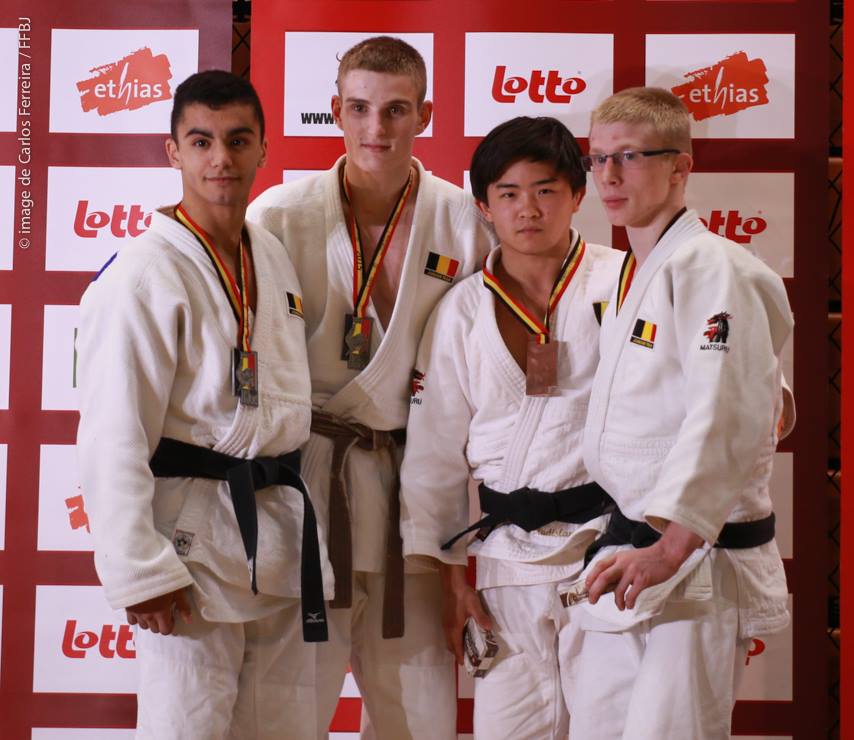
| Result | City | Date |
|---|---|---|
| 2 | Paris | 2024 |
| 1 | Abu Dhabi | 2024 |
| 1 | Zagreb | 2024 |
| 3 | Belgrade | 2023 |
| 2 | Montpellier | 2023 |
